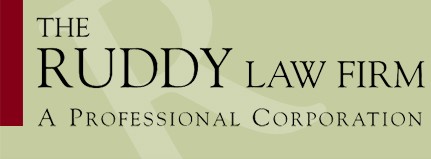Business Purchase or Sale
1. Overview
Buying or selling a business takes time, but the process often unfolds in the following way:
The purchaser finds a business for sale and wishes to due some financial due diligence about the business before making an offer. This will typically involve a review of financial statements and tax returns. In order to gain access to these records, expect to sign a confidentiality and non-disclosure agreement.
The purchaser elects to make an offer, typically at this stage in the form of a letter of intent, which will capture the essential financial terms of the offer, contingencies, and be non-binding. The purpose at this juncture is to ascertain if the parties have a basic meeting of the minds as to the deal price and structure.
If the seller accepts the letter of intent, then the parties proceed to put together a formal purchase agreement, that expands on the financial terms, the assets to be sold, the conditions of closing, and such. But once signed, the agreement is legally binding. Keep in mind that while the agreement may be legally binding, there are often many conditions that must be met before closing will occur, and those conditions can cause the purchase to ultimately fail.
Assuming all conditions are met, the parties proceed to closing. Typically closing involves two transactions: one, closing on the financing from a third party lender to fund the purchase; and two, closing on the purchase between seller and purchaser.
2. Asset Sale
The most common transaction is the sale of the business assets, along with its goodwill, going concern value, existing leases, and such. Most purchasers prefer an asset sale because the real lien risks are from perfected security interests. This allows the purchaser to pick and choose what he wants and what he does not want.
3. Stock Sale
Stock sales are less common, and much more complicated because the purchaser is acquiring an entity with all of its liabilities, known and unknown, as well as all of its assets as of the date of closing. Most of the stock purchases require a post-closing calculation of the purchase price based on a formula that can only be computed once all of the closing date values are known.

